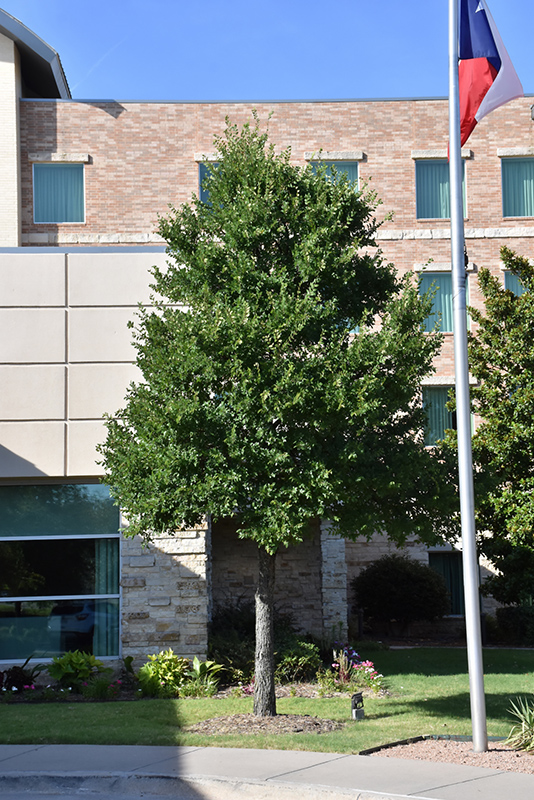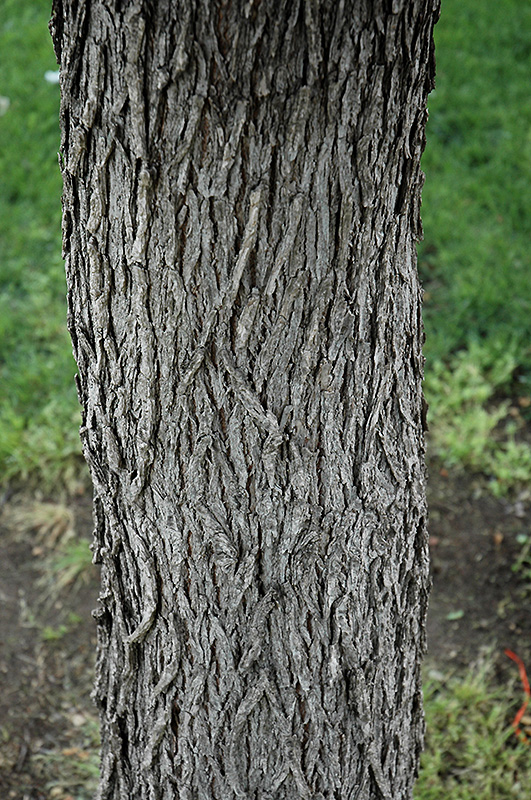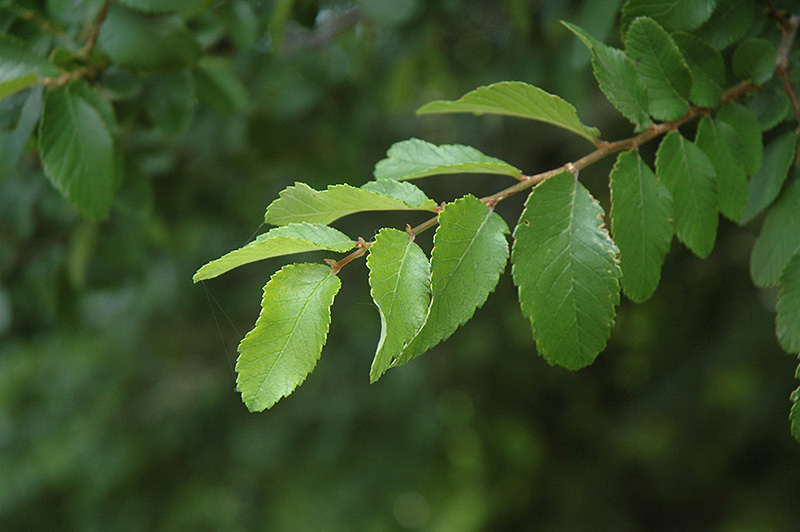>> Home
Height: 60 feet
Spread: 40 feet
Sunlight:
![]()
Hardiness Zone: 5
Other Names: Texas Cedar Elm, Basket Elm, Scrub Elm, Lime Elm
Description:
A large southern native elm with a broad upright vase-shaped habit; has shown resistant to Dutch elm disease; foliage is small and thick; ideal as a street tree or a shade tree for larger landscapes; sets seeds in fall, rather than spring
Ornamental Features
Cedar Elm has dark green deciduous foliage on a tree with a round habit of growth. The small serrated pointy leaves turn yellow in fall. However, the fruit can be messy in the landscape and may require occasional clean-up.
Landscape Attributes
Cedar Elm is a deciduous tree with a more or less rounded form. Its average texture blends into the landscape, but can be balanced by one or two finer or coarser trees or shrubs for an effective composition.
This is a relatively low maintenance tree, and is best pruned in late winter once the threat of extreme cold has passed. Gardeners should be aware of the following characteristic(s) that may warrant special consideration;
- Disease
Cedar Elm is recommended for the following landscape applications;
- Shade
Planting & Growing
Cedar Elm will grow to be about 60 feet tall at maturity, with a spread of 40 feet. It has a high canopy with a typical clearance of 7 feet from the ground, and should not be planted underneath power lines. As it matures, the lower branches of this tree can be strategically removed to create a high enough canopy to support unobstructed human traffic underneath. It grows at a fast rate, and under ideal conditions can be expected to live for 80 years or more.
This tree should only be grown in full sunlight. It is very adaptable to both dry and moist locations, and should do just fine under average home landscape conditions. It may require supplemental watering during periods of drought or extended heat. It is not particular as to soil type or pH, and is able to handle environmental salt. It is highly tolerant of urban pollution and will even thrive in inner city environments. This species is native to parts of North America. It can be propagated by cuttings.


